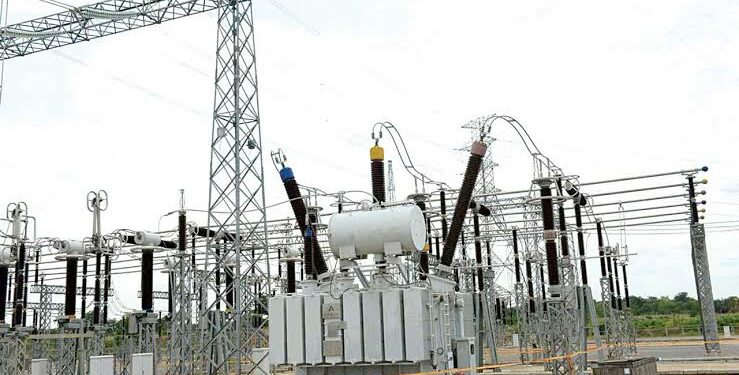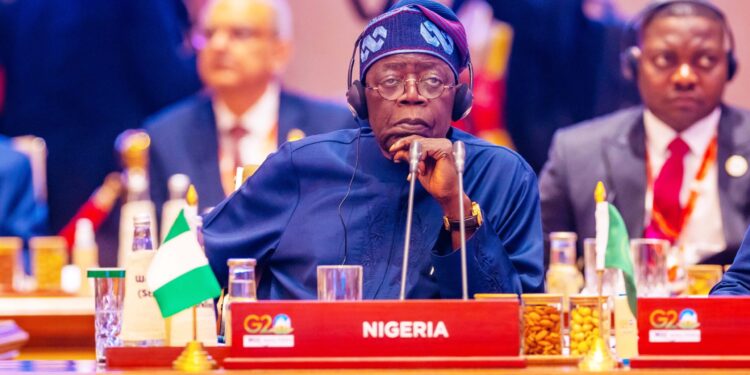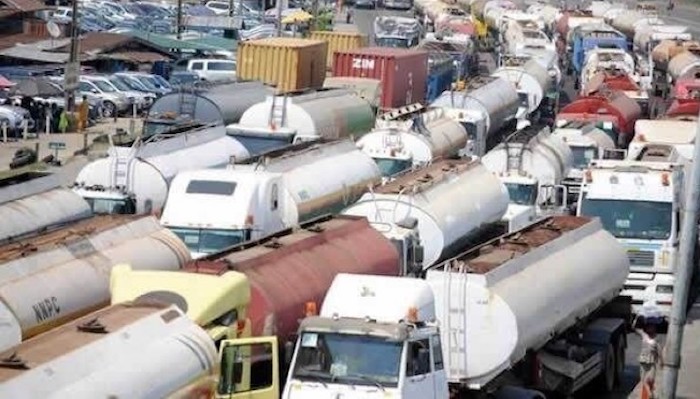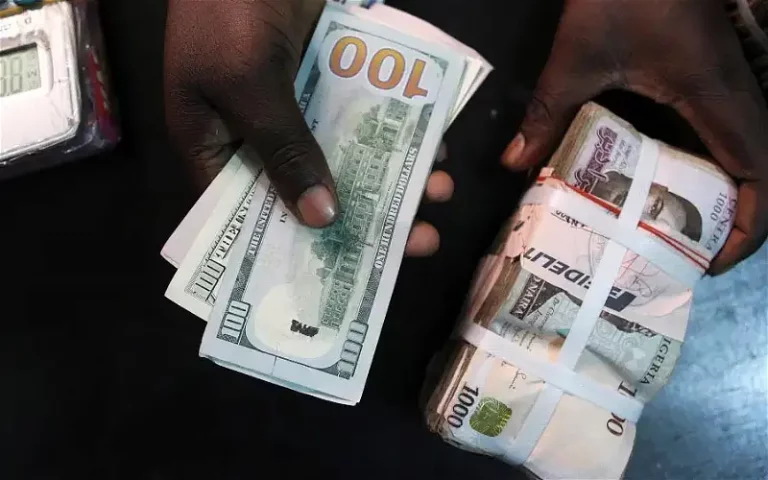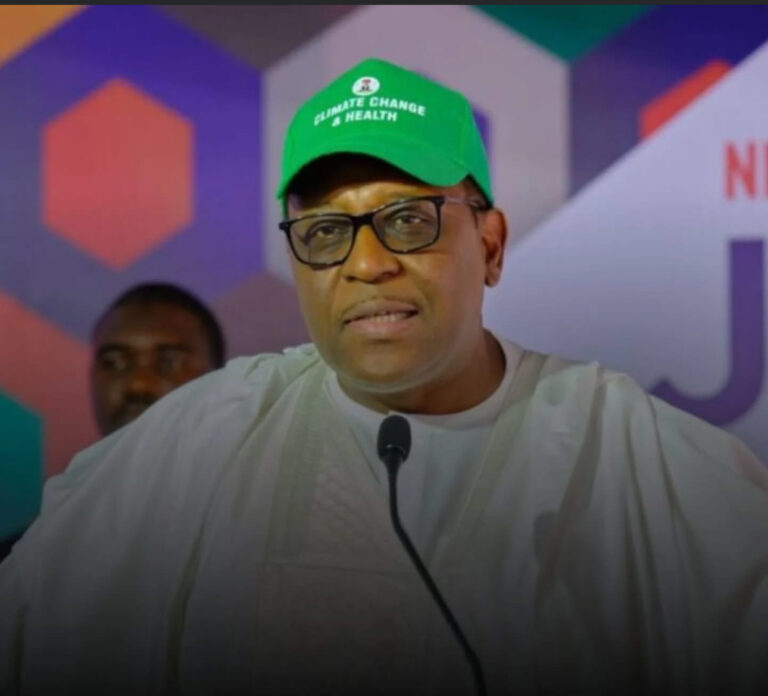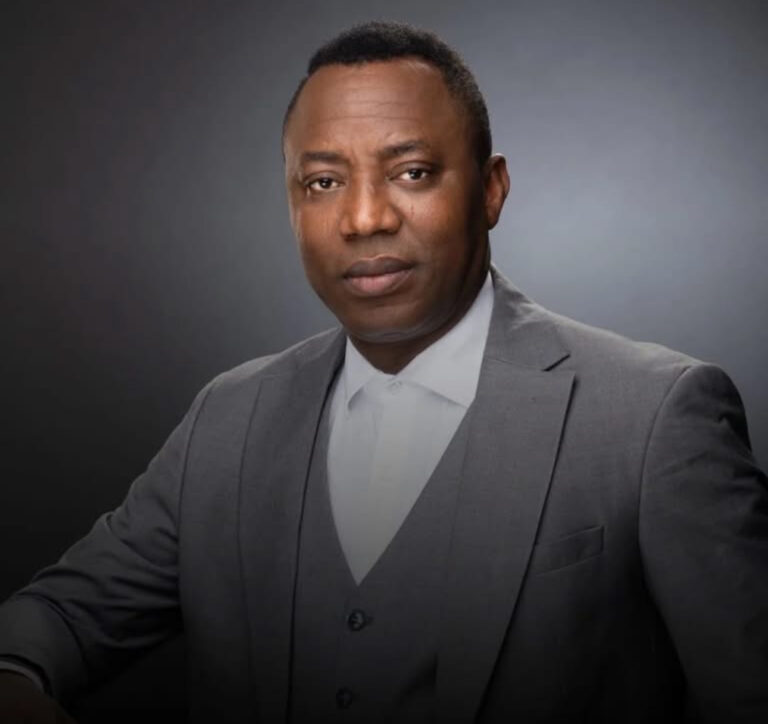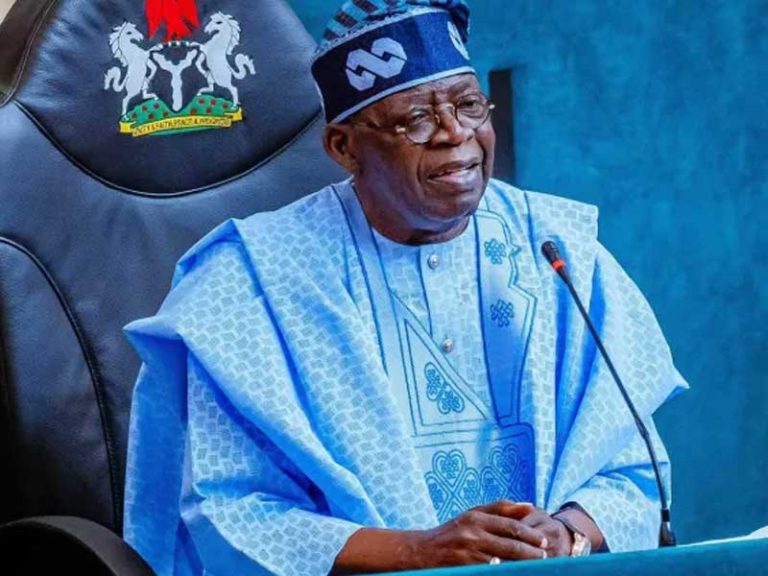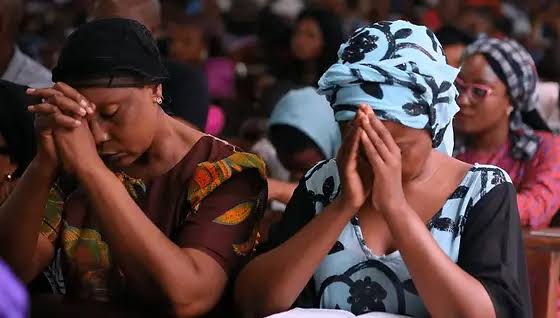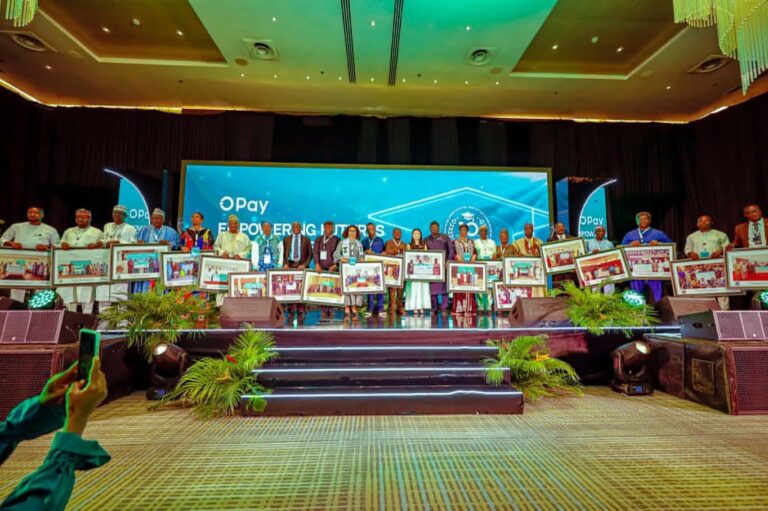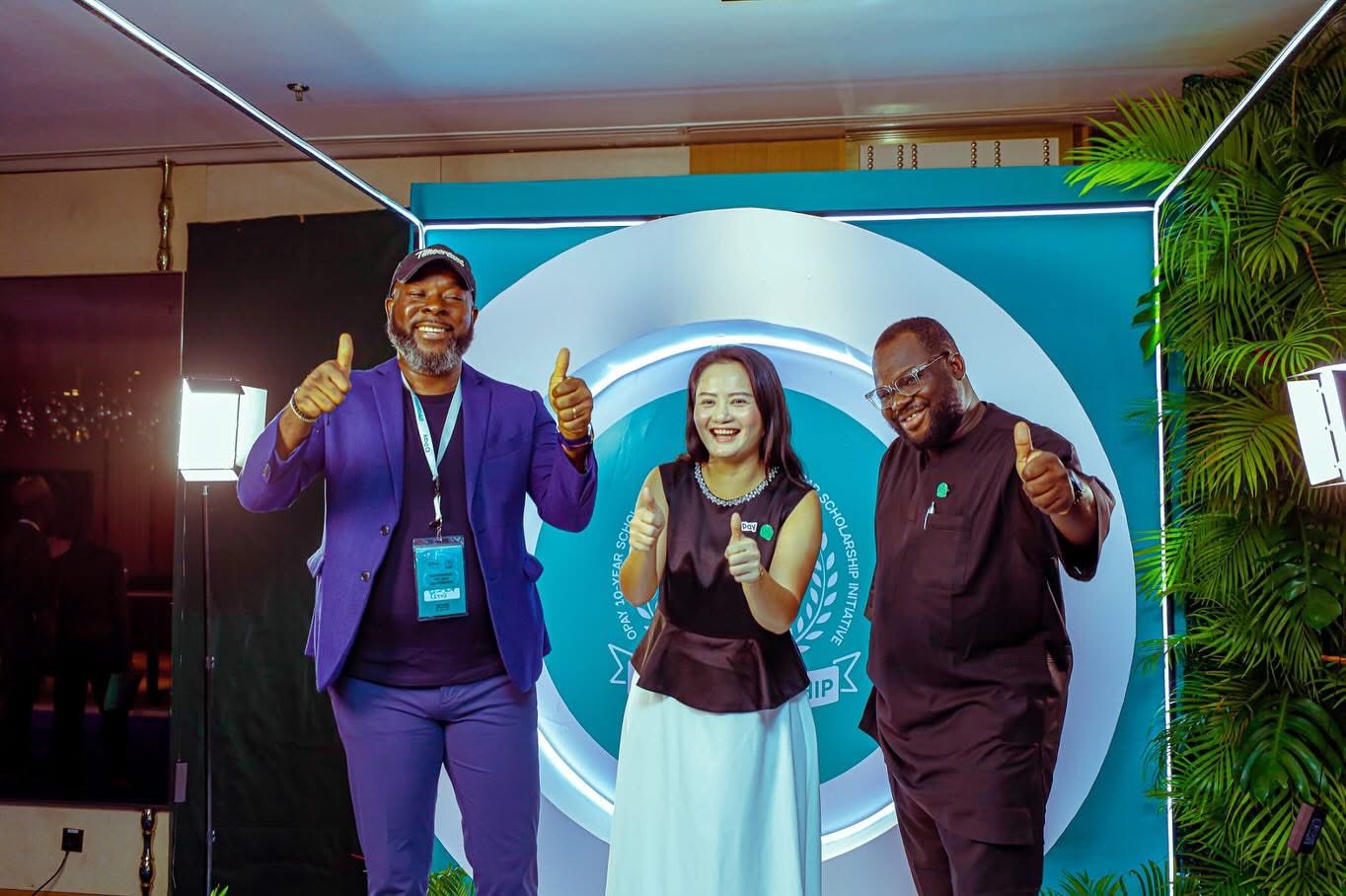Genocide is defined as “the crime of intentionally destroying a part or all of a national, ethnic, racial or religious group by killing people or by other methods”. By this definition, there are acts of genocide in Nigeria; and even in the United States of America, where they are euphemistically labeled hate crimes .
In Nigeria , those who currently perpetrate these acts of genocide are in four categories. First, the local and invading foreign terrorists from the sahel region of Africa who are engaged in a war with the Nigerian State, fighting to establish what they call an “Islamic State”. It must, however, be noted that these terrorists kill Christians and Muslims indiscriminately.
The second category is that of muslim fanatics, islamists and jihadists who are extremist fringes of islamic groupings in Nigeria who favour a full blown implementation of sharia law. These fringe elements seize on protests , riots, religious upheavals and periodic alleged desecration of the name of the Holy Prophet to kill, maim and destroy places of worship .
The third category is that of ethnic expansionist, territory annexationists, conquerors and settlers who use the pretext of intenerant pastoralism to grab greener pasturelands from local populations and indigenous communities. This category also has a bi-category of ethnic armies who are organized to defend the local groups and populations against armed invasions and pillages
The fourth category is that of ethnic militias and bandits , including separatist groups that are clamouring for secession.
Apart from these identified categories, there are bandits and criminal gangs engaged in kidnappings in many parts of Nigeria and collecting huge ransom payments.
What is the best way to respond to the foreign threat to militarily invade Nigeria to protect “ Christians”, based on allegations of anti-Christian genocide ?
The Federal Government of Nigeria has failed in putting a stop to these acts of genocide and unwarranted killings. The government has been negligent ; and in some cases government functionaries have been found to engage in acts of sabotage, collusion and connivance .
As a matter of urgency, the Government of the Federation must comprehensively restructure the internal security and defence system in Nigeria by sharing policing and internal security powers with local governments and States to enable them defend, in real time, their peoples and lands against bandits, terrorists, separatists, “Islamists” and marauders, who are using the facade and pretext of ethnic nationalism and itinerant pastoralism, to kidnap , kill, expropriate and subjugate local populations and indigenous communities. In this regard , it is silly for the FGN to create another national, centralized, agency called the National Forest Guard ( to be constituted based on federal character and quota system by way of recruitment, and to be composed, organized and deployed like the current police force , relying on interstate personnel posting ), which is handed over to a National Security Adviser Office. This is repeating past mistakes . Let the people of every state protect and defend their state.
Under this restructured internal security and defence system , a federal police and rejuvenated military force will coexist with the local governments and state governments police formations in the country.
A final end must be put to intenerant pastoralism in Nigeria . Cattles must be confined to states of origins of cattle owners and herdsmen, where they can receive support from government for grazing and ranch development. Interstate, crops and farms destroying marches in the name of exercising right to freedom of movement and right to residency in any part of Nigeria, open grazing and the antediluvian grazing routes , steeped in stone- age primitivism, must be prohibited.
The FGN should sincerely wage a full throttle war against all terrorists and bandits in all parts of the country. Dubious “ peace accords “ with implacable terrorists should be discarded forthwith.
Pusillanimous diplomacy and placatory genuflections are not the right propitiation to a man who thinks he is the emperor of the universe. Raising a team to his palace in Washington to engage him diplomatically will bring nothing but a televised national humiliation for any such unfortunate delegation. A mind fixated on scooping petroleum, gold , lithium et cetera on a disproportionate scale , as cost of funding his imagined military invasion to save his Christian brethren, would not be dissuaded from his arrogant messianism by such a visit. The sin of refusal to accept into Nigeria Venezuelan deportees from America cannot be forgiven by such a visit .
The best response by Nigeria is to immediately reorganize itself to ensure that lives and property are secure within our borders, that lives of innocent citizens are no longer wantonly wasted, and that religious liberty is not only guaranteed in our Constitution but also lived as our daily experience.
For those who are desperate for the Nigerian revolution , or who desire regime change , who have engaged in unbridled cyber jubilation, thinking that an armed invasion by this foreign government will precipitate change , let us be clear, what you are courting is chaos and unmitigated humanitarian crisis .
And for those Nigerians who have been praying for the disintegration of Nigeria, who see the man’s threatened intrusion as a God-sent opportunity for the actualization of an oodua nation, arewa republic or state of Biafra, let it be stated that while the man’s action may throw Nigeria into a state of pervasive internecine and fratricidal war , there will be no clinical secession by default , or seamless partition of Nigeria into ideal independent states. No. While the biggest black country on earth would be facing destruction, your separatist dreams would remain unfulfilled. And in case you do not know , in the face of such an invasion , you may be regarded as an enemy domestic , tried for treason , treasonable felony or aiding the enemy, and dealt with harshly , in accordance with the law




